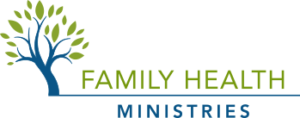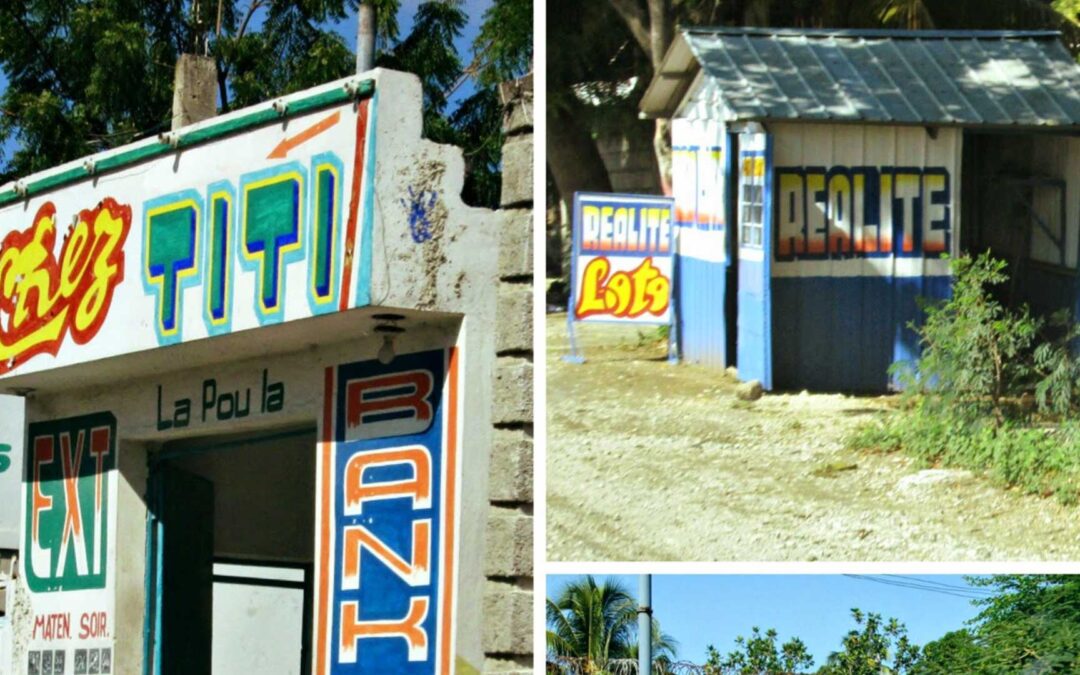To read an in-depth report by The Fletcher School at Tufts University on the subject of finance and the Haitian lottery click here. The report shares that Haitians generally play the lottery for one of four reasons: to survive, to pass the time, to win, and to decipher. Much like what little I know about gambling in the United States, there are those who play out of desperation—hoping for a payoff, those who play for kicks and the social fun of it, and those who really play to win—and perhaps win enough to make it seem worth it. But the interesting story behind the Haitian lottery is the “strategy” for winning that many Haitians employ… dream interpretation.
The lottery ticket has sets of two-digit numbers. You pick your numbers and wait for the winning combination to be announced. These numbers correlate with lottery drawings in the U.S. Many people who bet at the borlettes believe that your dreams can help you pick winning numbers. They even sell a book called the “tchala” that turns your dreams into numbers. If you dream about a certain object, you can look it up in the book and it will tell you the correlating numbers to choose.For example, if you dream about a pineapple you should pick the numbers 73-19-11. If you dream about a pigeon your numbers should include 24 and 15. If there’s a hospital in your dream you should bet on the combination 60-42-32. And so on…
I asked our cook Yvette about the borlettes. “I’m not into that sort of thing,” she says. “There’s too much chance involved. If I have 1,000 goudes, I don’t want to take the chance I’ll lose it in a game. I’d rather go spend it on something I actually need.” Then she asked if I was going to go play since I was inquiring about it. I tell her no, map kenbe kòb nan pòch mwen (I’ll keep my money in my pocket). She laughs and agrees that’s the best idea.

